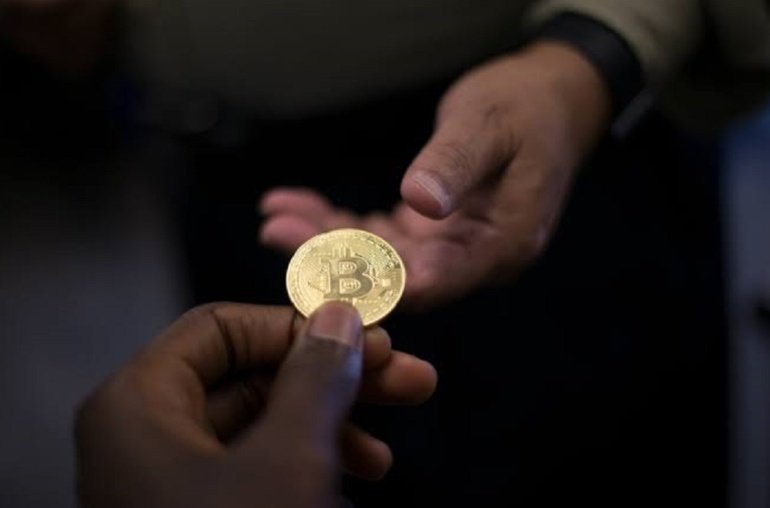The German government recently made headlines in the crypto market by selling almost 50,000 BTC that it had seized from the pirated movie website movie2k. This move raised concerns about how much Bitcoin other governments might hold and the potential impact on the market if they were to sell off their reserves.
According to data from Bitcoin Treasuries, a total of 517,414 BTC (equivalent to $32.9 billion) could flood the market if all nine governments currently holding Bitcoin decide to sell. These governments include the United States, China, the United Kingdom, Ukraine, El Salvador, Bhutan, Venezuela, Finland, and Georgia.
Among these governments, the United States holds the largest amount of BTC, with a reserve of 213,246 BTC seized from the dark web marketplace Silk Road. China follows closely behind with 190,000 BTC acquired from the Plus Token scam, a Ponzi scheme. The United Kingdom holds 61,000 BTC seized from a money laundering case.
Ukraine, El Salvador, Bhutan, Venezuela, Finland, and Georgia also hold varying amounts of BTC, with El Salvador standing out for its proactive approach to accumulating Bitcoin after adopting it as a legal tender in 2021.
In comparison to government reserves, asset managers like BlackRock hold a significant amount of BTC through their Bitcoin exchange-traded funds (ETFs). In total, these fund managers hold over 1 million BTC, with BlackRock leading the pack with 316,276 BTC for its IBIT Spot Bitcoin ETF. Grayscale, Fidelity, Ark Invest, and Bitwise also hold substantial amounts of BTC through their respective ETFs.
As of the latest data, Bitcoin is trading at around $63,800, showing a 1% increase in the last 24 hours. The market continues to be influenced by various factors, including government sales, fund manager holdings, and overall market sentiment.
In conclusion, the potential flood of Bitcoin into the market from government sales raises questions about the stability and future of the cryptocurrency market. It remains to be seen how governments and institutional investors will manage their BTC reserves and the impact it will have on the broader crypto ecosystem. As Bitcoin continues to gain mainstream acceptance and adoption, its future trajectory will be shaped by a combination of regulatory decisions, market dynamics, and investor behavior.



